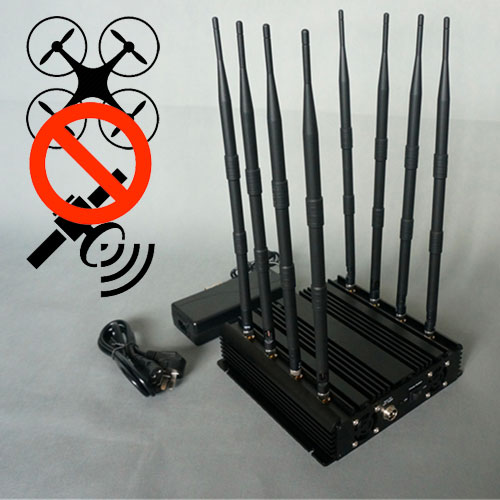WASHINGTON – According to four U.S. officials, the Russian military has blocked some U.S. military drones that operate in the sky over Syria and are seriously affecting U.S. military operations.
The Russians began blocking a few smaller US drones a few weeks ago, officials said after a series of suspected chemical weapon attacks on civilians in rebel-held eastern Ghouta. The Russian military feared the US military would take revenge and started blocking the GPS systems of the region’s drones, officials said.
Senator Ben Sasse, R-Neb., Responded to the news of the Russian mess on Tuesday by saying, “Russia wants to undermine our interests at every turn.”
“It is crazy to think that Russia is anything but an opponent,” said Sasse.
According to Dr. Todd Humphreys, director of the Radionavigation Laboratory at the University of Texas at Austin, can be straightforward to block or scramble a drone’s reception of a signal from a GPS satellite.
“GPS receivers in most drones can be blocked fairly easily,” he said.
Humphreys, an expert on GPS spoofing and jamming, warns that this could have a significant impact on U.S. drones and could result in malfunction or even crash. “At the very least, this could lead to serious confusion,” said the drone operator on the ground when the drone reports an incorrect position or is lost.
Humphreys said U.S. analysts first caught Russian military drone signal jammer in eastern Ukraine four years ago after they invaded Crimea. He said the jammers were originally recognized as weak signals from space that bounced off the surface of the earth. The jammers “had a fairly significant impact” on the United Nations surveillance drones, which attempted to monitor the area, ground the fleet for days, and stop collecting information from the air.
The Department of Defense won’t rely on operational security to say whether the traffic jam will cause drones to crash. “The US military maintains adequate countermeasures and safeguards to ensure the safety of our manned and unmanned aircraft, our armed forces, and the missions they support,” said Pentagon spokesman Eric Pahon.
However, one official confirmed that the tactic has an operational impact on U.S. military operations in Syria.
The officials said the equipment used was developed by the Russian military and is very sophisticated, and has proven itself to be effective against some encrypted signals and anti-jamming receivers. The drones affected so far are smaller surveillance aircraft in contrast to the larger Predators and Reapers, which are often used in combat environments and can be armed.
Dr. Humphreys says that while the attacks take place in cyberspace, the results are still serious.
“They look a little less hostile than a kinetic bullet, but sometimes the effect can be just as harmful,” he said. “It’s like shooting at them with radio waves instead of bullets.”
